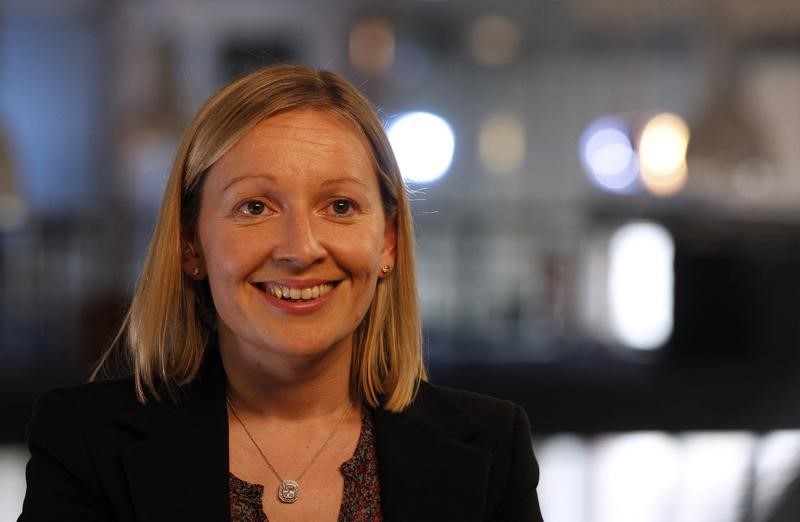By Padraic Halpin
DUBLIN (Reuters) - The growth of extremist groups in Europe should not obscure the huge potential for centrists, a former Irish minister who is creating her own her new party said on Monday.
Dublin's former minister for Europe, Lucinda Creighton, laid out plans last week to form the as-yet-unnamed party ahead of wide open elections next year that could give the former ally of Prime Minister Enda Kenny influence over any new coalition.
Calling herself "passionately pro-European", the 34-year-old lawyer sees the rise of parties such as Greece's leftist Syriza as a concern. But she says the success of more moderate new voices in Slovenia and Italy shows voters do not have to move to the far left or right.
"The potential for a sensible, non-extremist party that doesn't have the baggage of the cronyism of established party, I think is immense and that's the unknown quantity in Ireland," Creighton told Reuters in an interview.
"A lot of bad decisions have led us to this point in Europe and has given oxygen to the extremists on both sides. Those of us who believe in the European project have a lot to answer for but this has to be about saying to people on the margins that the solution isn't extreme socialism."
Creighton, who was sacked from Kenny's center-right Fine Gael party in 2013 for opposing an easing of Ireland's abortion laws, has laid out a pro-small business platform, criticizing an over-reliance on foreign companies and the property market.
She said on Monday that her party would favor overhauling the income tax code to make it simpler and more targeted, and cut rates if the economic conditions allowed. Tax incentives for the property sector would also be brought to an end.
She also strongly supported proposed Irish central bank restrictions on mortgage lending that the government wants eased, that are opposed by banks and described by the main opposition party as social engineering.
"It's a blunt instrument, it's difficult and maybe it needs to be phased in over a period of time but the principle is absolutely correct. I think if you can't afford a deposit for a home, then you can't afford to buy your home," she said.
With frustration over the economy spilling into street protests, support for the coalition in Ireland has tumbled. But this has not benefited any one group, signaling a potential shift away from dominant parties.
Creighton said it would be "nigh on impossible" for her party to form any sort of coalition with the rising left-wing Sinn Fein, nor will they prop up Fine Gael or the fellow center-right Fianna Fail.
But a big opportunity for influence may exist.

"At the moment you would say that there will be no dominant party so that does change the political landscape. It gives an opportunity to influence the next government in a way that mightn't have been the case before," Creighton said.
(Editing by Jeremy Gaunt)